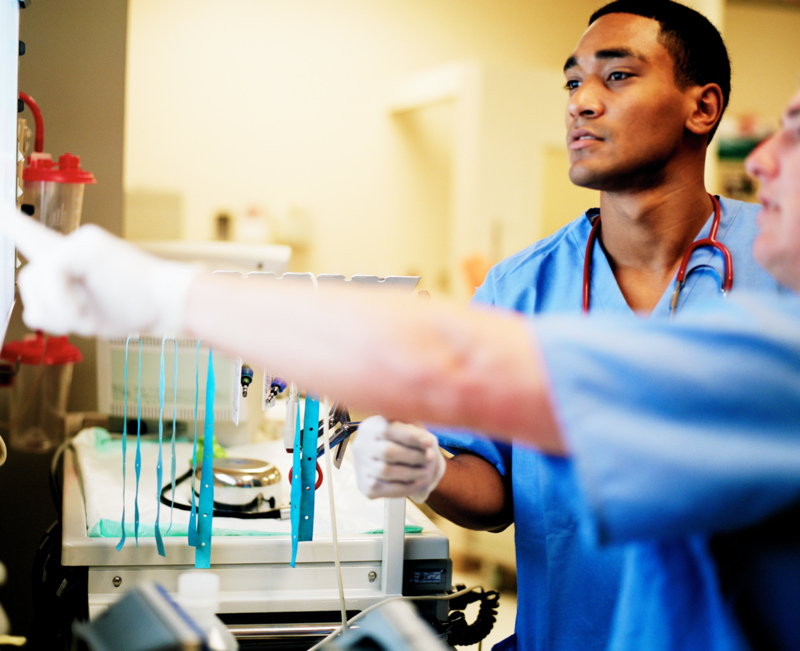
Here are some of the latest health and medical news developments, compiled by the editors of HealthDay:
Pre-Abortion Ultrasound Law Appeal Rejected by U.S. Supreme Court
An appeal over mandatory pre-abortion ultrasounds was rejected Monday by the U.S. Supreme Court.
North Carolina wanted the court to rule on a law requiring doctors to perform ultrasounds, and to show the resulting images and describe the fetus to women seeking abortions, The New York Times reported.
State officials went to the Supreme Court after the law was ruled unconstitutional by a federal appeals court in December. The Supreme Court gave no reasons for refusing North Carolina’s request for an appeal.
Similar laws in Texas and South Dakota were upheld by other federal appeals courts. Monday’s ruling does not affect any law other than North Carolina’s, the AP reported.
—–
South Korea Launches Experimental Treatment for MERS
Trials of an experimental plasma treatment for Middle East Respiratory Syndrome (MERS) are set to begin in South Korea.
The treatment uses blood from patients who have successfully fought off MERS. This approach has proven effective in combating other diseases, including Ebola, BBC News reported.
The trials will be launched at two hospitals, the South Korean health ministry said. Currently, there is no cure or vaccine for MERS.
Since South Korea’s MERS outbreak began last month, more than 150 people have been infected and 19 have died.
On Tuesday, Germany reported its first death from MERS. Media reports said the victim was a 65-year-old man who died in a clinic in Osnabruck, according to BBC News.
—–
Woman’s Request to Have Own Grandchild Denied by U.K. Court
A woman’s request to used her dead daughter’s frozen eggs to give birth to her own grandchild was denied Monday by Britain’s High Court.
In its ruling, the court said it wasn’t clear whether the daughter wanted her mother to use her eggs, the Associated Press reported.
The daughter, who was 28 when she died in 2011, had signed a consent form agreeing that her eggs could be stored after her death, but had not specified how they should be used.
The unnamed mother and her husband wanted to send their daughter’s eggs to a fertility clinic in the United States to be fertilized and transferred into the woman, the AP reported.
However, Britain’s fertility regulator refused to send the eggs to the U.S., saying there was no clear proof the daughter wanted her eggs used in this way.
Copyright © 2026 HealthDay. All rights reserved.

